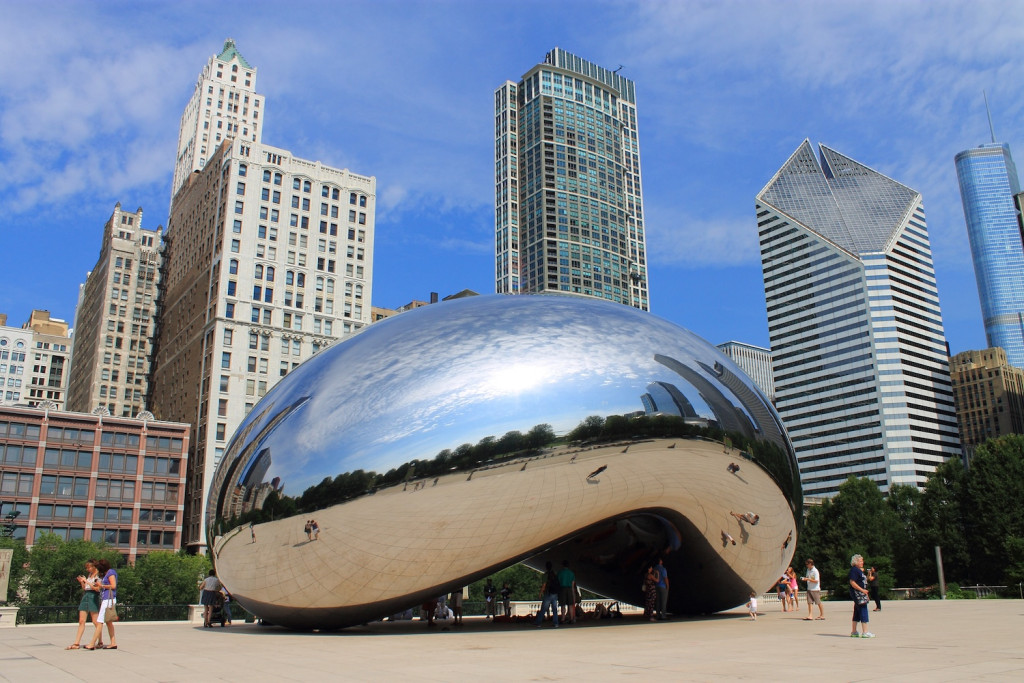President Donald Trump announced Friday that Chicago will be the next city in his administration’s escalating campaign to tackle urban crime through federal intervention. Following what he described as a “successful” operation in Washington, D.C., Trump indicated that similar federal efforts are now headed to the Windy City.
“We’ll straighten that one out, probably next,” Trump said from the Oval Office. “That will be our next one after this. I think Chicago will be our next, and then we’ll help with New York.”
The president claimed the National Guard deployment and police oversight in D.C. significantly curbed crime, touting a brief stretch without homicides as proof of success, even though weeks without murders have occurred multiple times this year, according to local reports.
Trump’s comments suggest a growing federal role in local law enforcement, with the president citing national emergency powers that would allow him to extend the National Guard’s presence in D.C. indefinitely. More than 1,900 troops have been deployed in the capital, drawing concern from residents and city officials.
Trump also criticized D.C. Mayor Muriel Bowser and threatened even greater federal control, saying:
“Mayor Bowser better get her act straight, or she won’t be mayor very long because we’ll take it over with the federal government running like it’s supposed to be run.”
Chicago Mayor Brandon Johnson came under fire from the president, who described him as “incompetent” and claimed his leadership has made the city more dangerous.
“When we’re ready, we’ll go in and we’ll straighten out Chicago just like we did D.C.,” Trump said.
The president didn’t clarify how the intervention would work in Chicago, a city with far greater autonomy than D.C., which is not a state and operates under congressional oversight.
However, he reiterated a belief that citizens in Chicago, including “African American ladies wearing red hats,” are calling on him to bring in federal forces.
The concept of a sustained federal presence in American cities is a subject of controversy. Trump has previously suggested sidestepping the District of Columbia’s Home Rule Act, which limits federal control of the Metropolitan Police Department to 30 days during an emergency unless extended by Congress.
Justice Department officials have warned that Trump’s authority in D.C. could expire without congressional approval. Still, the president has hinted that he’s seeking long-term federal control under the guise of maintaining law and order.
Trump has also floated a $2 billion proposal to “beautify” D.C., claiming support from House Speaker Mike Johnson and Senate Majority Leader John Thune, though no legislation has been filed.
Despite Trump’s statements, violent crime in Washington, D.C., has reportedly declined in 2024 and 2025 after a spike in 2023. The Department of Justice is currently investigating whether crime data has been manipulated, which could influence how effective Trump’s interventions are perceived.
Still, Trump maintains that his “tough on crime” posture is what cities need, even if it means federalizing local law enforcement.
“It’s one thing to get them out. It’s another thing to keep them out for a long period of time,” he said. “That’s going to take more than 30 days.”
Photo Credit: DepositPhotos.com




